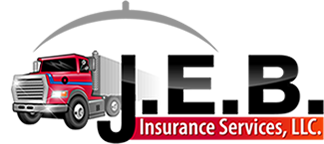Commercial or owner operator truck fires are becoming more extensive than in past decades. The increased use of composites and other flammable plastics in their construction, as well as the presence of more flammables in their sleepers is largely responsible for this trend. When a small fire starts, it can rapidly become life threatening. Fire prevention requires regular inspection of the areas where they commonly start:
Electrical Wiring and Hoses
Electrical fires often start because wire insulation wears out at a spot where vibration rubs it against another wire or object. The exposed wire then arcs electricity, which burns nearby flammable materials. Wire connections can also pull loose over time and arc electricity. This can happen to wires that are pulled tight to cover distances for which they are too short. Wherever wires cross, look for evidence of rubbing or chaffing. If the wires feel tight at their crossover point, have them rewired as well as any wiring that feels like it’s under tension. Check the starter motor, which is another potential cause of fires. Inspect wiring and hoses for degradation and for contact points against hot surfaces. Also check hoses and wiring at contact points for abrasion.
Devices such as inverters can overheat when covered up. All electrical devices generate heat and require exposure to the air for cooling. Make sure that you don’t overload circuits with too many accessory electronics, and never do your own electrical work unless you are a qualified technician.
Wheels, Brakes, and Tires
Check all tire pressures. Improper inflation causes tires to heat up and possibly burn. When you experience a tire blowout or tread separation, look for tread entanglement around other parts of the underside of your commercial or owner operator truck. If they are rubbing against moving parts, friction will cause them to burn. Keep your axle hubs lubricated and look for leaks. Inspect your brakes and make sure they aren’t dragging. Check hub oil levels and wheel seals to prevent bearings from seizing up and overheating.
Finally, make sure there is no incompatible cargo in your trailer that can spontaneously combust. Inspect cargo heaters, and never smoke inside the trailer.
Does your Tennessee commercial or owner operator truck insurance give you adequate coverage in case of a fire? Feel free to contact us to discuss this or any other questions you may have.


